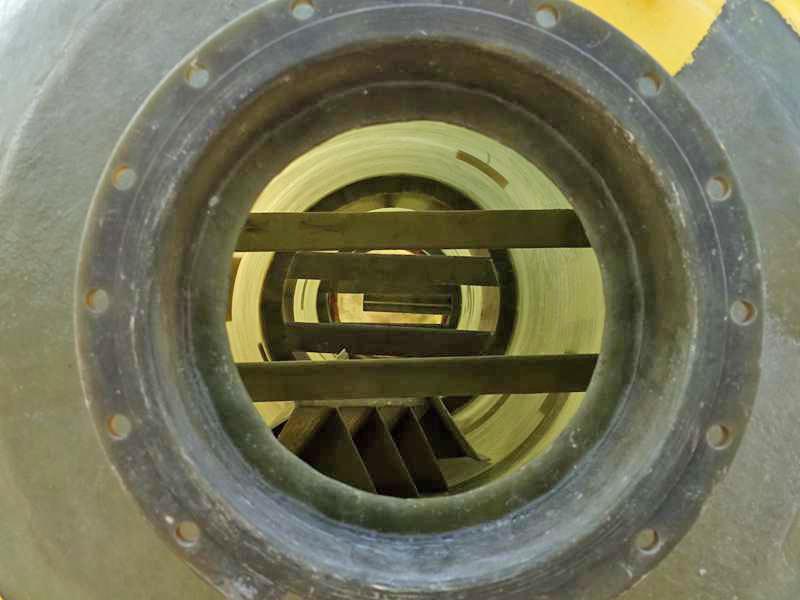
-
 Afrikaans
Afrikaans -
 Albanian
Albanian -
 Amharic
Amharic -
 Arabic
Arabic -
 Armenian
Armenian -
 Azerbaijani
Azerbaijani -
 Basque
Basque -
 Belarusian
Belarusian -
 Bengali
Bengali -
 Bosnian
Bosnian -
 Bulgarian
Bulgarian -
 Catalan
Catalan -
 Cebuano
Cebuano -
 China
China -
 China (Taiwan)
China (Taiwan) -
 Corsican
Corsican -
 Croatian
Croatian -
 Czech
Czech -
 Danish
Danish -
 Dutch
Dutch -
 English
English -
 Esperanto
Esperanto -
 Estonian
Estonian -
 Finnish
Finnish -
 French
French -
 Frisian
Frisian -
 Galician
Galician -
 Georgian
Georgian -
 German
German -
 Greek
Greek -
 Gujarati
Gujarati -
 Haitian Creole
Haitian Creole -
 hausa
hausa -
 hawaiian
hawaiian -
 Hebrew
Hebrew -
 Hindi
Hindi -
 Miao
Miao -
 Hungarian
Hungarian -
 Icelandic
Icelandic -
 igbo
igbo -
 Indonesian
Indonesian -
 irish
irish -
 Italian
Italian -
 Japanese
Japanese -
 Javanese
Javanese -
 Kannada
Kannada -
 kazakh
kazakh -
 Khmer
Khmer -
 Rwandese
Rwandese -
 Korean
Korean -
 Kurdish
Kurdish -
 Kyrgyz
Kyrgyz -
 Lao
Lao -
 Latin
Latin -
 Latvian
Latvian -
 Lithuanian
Lithuanian -
 Luxembourgish
Luxembourgish -
 Macedonian
Macedonian -
 Malgashi
Malgashi -
 Malay
Malay -
 Malayalam
Malayalam -
 Maltese
Maltese -
 Maori
Maori -
 Marathi
Marathi -
 Mongolian
Mongolian -
 Myanmar
Myanmar -
 Nepali
Nepali -
 Norwegian
Norwegian -
 Norwegian
Norwegian -
 Occitan
Occitan -
 Pashto
Pashto -
 Persian
Persian -
 Polish
Polish -
 Portuguese
Portuguese -
 Punjabi
Punjabi -
 Romanian
Romanian -
 Russian
Russian -
 Samoan
Samoan -
 Scottish Gaelic
Scottish Gaelic -
 Serbian
Serbian -
 Sesotho
Sesotho -
 Shona
Shona -
 Sindhi
Sindhi -
 Sinhala
Sinhala -
 Slovak
Slovak -
 Slovenian
Slovenian -
 Somali
Somali -
 Spanish
Spanish -
 Sundanese
Sundanese -
 Swahili
Swahili -
 Swedish
Swedish -
 Tagalog
Tagalog -
 Tajik
Tajik -
 Tamil
Tamil -
 Tatar
Tatar -
 Telugu
Telugu -
 Thai
Thai -
 Turkish
Turkish -
 Turkmen
Turkmen -
 Ukrainian
Ukrainian -
 Urdu
Urdu -
 Uighur
Uighur -
 Uzbek
Uzbek -
 Vietnamese
Vietnamese -
 Welsh
Welsh -
 Bantu
Bantu -
 Yiddish
Yiddish -
 Yoruba
Yoruba -
 Zulu
Zulu
fiberglass pipe fittings
Understanding Fiberglass Pipe Fittings Features, Benefits, and Applications
Fiberglass pipe fittings have gained significant popularity in various industries due to their unique properties and advantages over traditional materials. These fittings, made from reinforced plastic composites, offer a combination of durability, corrosion resistance, and lightweight characteristics that make them an ideal choice for a wide range of applications. This article explores the features, benefits, and common uses of fiberglass pipe fittings.
Features of Fiberglass Pipe Fittings
1. Corrosion Resistance One of the most outstanding features of fiberglass is its ability to resist corrosion caused by chemicals and environmental factors. Unlike metal fittings, which can rust or corrode, fiberglass fittings maintain their integrity over time, making them suitable for harsh chemical environments.
2. Lightweight Fiberglass fittings are considerably lighter than their metal counterparts. This lightweight property not only makes transportation and installation easier but also reduces the load on support structures in piping systems.
3. High Strength-to-Weight Ratio Despite being lightweight, fiberglass boasts a remarkable strength-to-weight ratio. This characteristic allows fiberglass fittings to withstand high pressure and mechanical stress, making them reliable in demanding applications.
4. Thermal Insulation Fiberglass has excellent thermal insulation properties, limiting heat transfer and protecting both personnel and equipment from extreme temperature fluctuations. This feature is particularly important in systems transporting hot or cold fluids.
5. Design Flexibility Fiberglass fittings can be molded into various shapes and sizes, offering design flexibility that is not easily achieved with metal fittings. This adaptability makes them suitable for customized systems tailored to specific operational needs.
Benefits of Using Fiberglass Pipe Fittings
1. Long Service Life The durability and corrosion resistance of fiberglass fittings contribute to a prolonged service life, reducing the need for frequent replacements and repairs. This longevity translates into cost savings over time.
2. Lower Maintenance Costs Due to their resistance to wear and tear, fiberglass fittings require less maintenance compared to traditional materials. The reduction in maintenance efforts results in lower operational costs for businesses.
3. Environmental Friendliness Fiberglass is often manufactured using materials that are less harmful to the environment. Additionally, the longevity and durability of fiberglass fittings contribute to reduced waste in landfills, aligning with sustainability efforts in various industries.
fiberglass pipe fittings

4. Reduced Noise Levels Fiberglass has inherent sound-dampening qualities, which help minimize noise generated by fluid flow. This property is particularly beneficial in urban settings or wherever noise reduction is a priority.
5. Safety Fiberglass fittings are less likely to shatter or break under stress compared to materials like glass or certain plastics, enhancing safety in various environments, especially where high pressures are involved.
Applications of Fiberglass Pipe Fittings
Fiberglass pipe fittings are used across various industries, including
1. Chemical Processing Due to their corrosion resistance, fiberglass fittings are extensively used in chemical plants for transporting acids, bases, and other corrosive substances.
2. Water Treatment Facilities These fittings are ideal for water treatment applications, where chemical durability and long service life are critical.
3. Oil and Gas In the oil and gas sector, fiberglass fittings are often found in pipelines and storage tanks due to their resistance to harsh chemicals and extreme environmental conditions.
4. Marine Applications The maritime industry utilizes fiberglass fittings for their lightweight and corrosion-resistant properties, making them suitable for boat and ship plumbing systems.
5. Construction Fiberglass fittings are gaining traction in the construction industry, particularly for sprinkler systems and water supply lines due to their durability and ease of installation.
Conclusion
In conclusion, fiberglass pipe fittings offer a range of features and benefits that make them a preferred choice across various industries. Their exceptional resistance to corrosion, lightweight nature, and long service life provide significant advantages over traditional materials. As industries continue to seek sustainable and efficient solutions, the demand for fiberglass fittings is likely to increase, highlighting their role in modern infrastructure and engineering projects.









